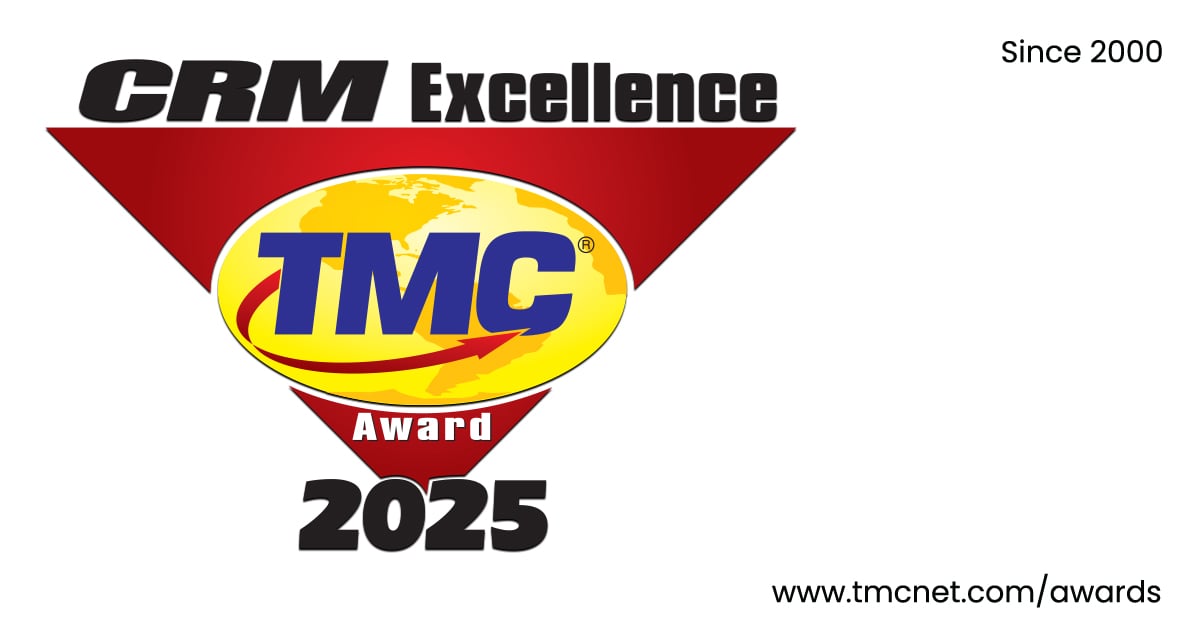
When it comes to customer support, what does “hyper-personalization” mean? At one time, it may've used to mean things like "not sending coupons for dog food to cat owners," or offering a convenient extended warranty after a customer makes a large purchase. Customers are considerably more demanding today; they know that companies keep a plethora of information about them (i.e. their purchases, their needs and their preferences), and they expect companies to use this information in a way that benefits them via every channel a customer might use to communicate.
A recent study entitled the “2024 Retail Customer Experience (CX) Index” examined the ways in which top retailers are meeting customer expectations in increasingly digital-first environments. The report, which was conducted by Incisiv and commissioned by Talkdesk, Inc., highlighted the growing importance for retailers to provide differentiated support and engagement capabilities to meet growing consumer demand for hyper-personalization, speed and convenience in customer service across various retail segments.
The 2024 Retail Customer Experience Index benchmarks customer service and engagement across 131 leading U.S. retailers and brands, covering 11 industry segments (including apparel, home furnishings, consumer electronics and luxury). Based on the index findings, retail's overall maturity in customer experience is on the lower end of the spectrum, with an average of 34% of all retailers personalizing just one-third of their shopper journeys.
While retailers are trying to keep pace with technology trends, gaps remain across capability adoption and customer expectations. Some segments are doing better than others; the home furnishings segment leads in retail CX maturity with an adoption rate of 40%, making it 1.4 times more mature than other segments.
The study did find some positive news, however. Because as brands have prioritized customer experience strategies in recent years, maturity levels have trended upward. In addition, AI-powered virtual assistant integration grew from 38% in 2022 to 59% in 2024, and personalized recommendations by support agents grew more than 80%, from 27% in 2022 to 49% in 2024.
“Our findings reveal that while retailers have made significant strides in customer experience, there remains a critical gap between consumer expectations and what is currently being delivered,” said Dave Weinand, Chief Customer Officer at Incisiv. “Retailers must accelerate their adoption of advanced technologies, particularly AI and automation, to deliver the hyper-personalized, efficient service today’s consumers demand. This index is a crucial benchmark for retailers to understand where they stand and what steps they need to take to enhance their customer engagement strategies.”





